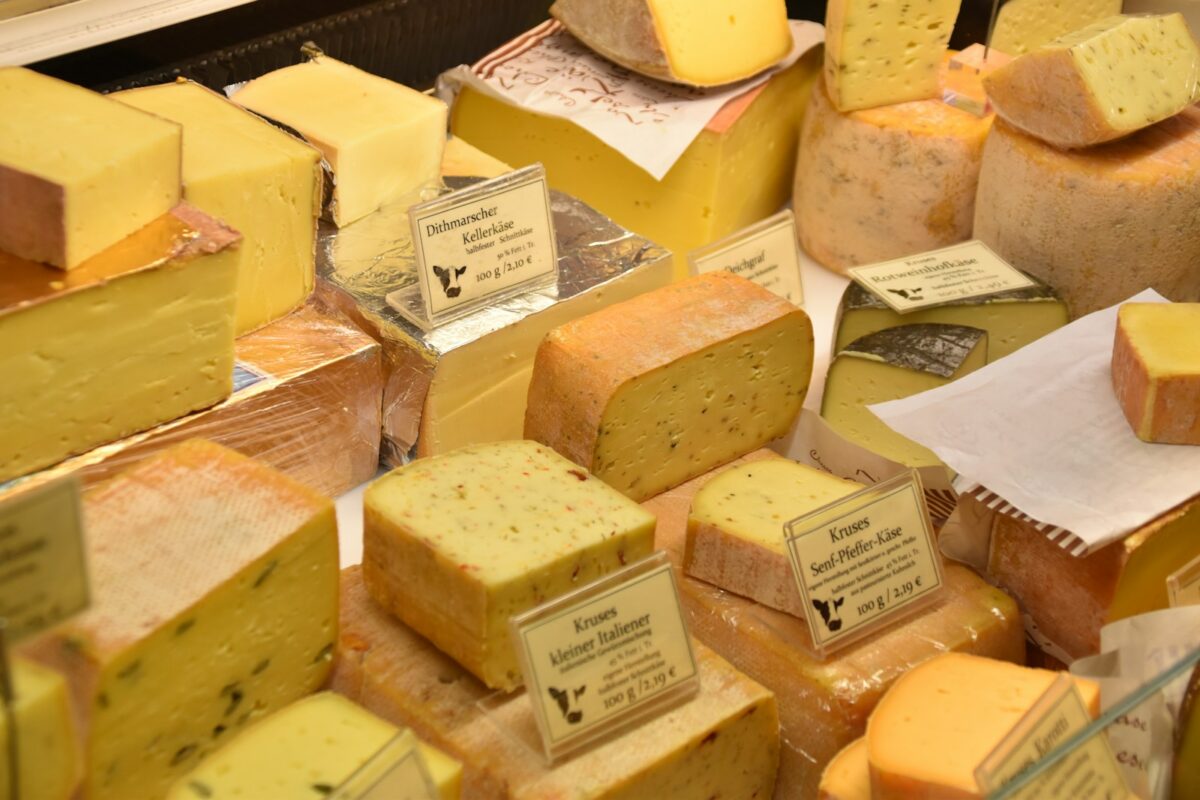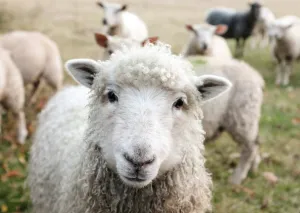FAQ Introduction: How Do I Become a Vegan?
A popular question asked is, “How do I become a vegan?” It’s a significant lifestyle change filled with new challenges and rewards. In this article find yourself equipped with a detailed guide to help you navigate this transformation, covering everything from understanding veganism to practical tips for daily living. Whether you’re motivated by health concerns, ethical considerations, or environmental factors, our comprehensive guide is here to assist you on your journey to veganism.
Introduction: Embracing a New Lifestyle
Embarking on the journey to veganism is a transformative experience that benefits your health, animals, and the environment. This comprehensive guide is designed to help you navigate the transition to a vegan lifestyle, addressing common questions and providing practical advice.
Understanding Veganism
First, understand what being vegan entails. Veganism is a lifestyle choice that excludes all forms of animal exploitation and cruelty, whether for food, clothing, or any other purpose. This means eliminating meat, dairy, eggs, and other animal-derived products from your diet and lifestyle.
Education: The Foundation of Change
Begin your transition by educating yourself about veganism. Read books, watch documentaries, and follow vegan blogs and social media accounts. Understanding the ethical, environmental, and health reasons behind veganism can provide motivation and strengthen your commitment. Here are a few reason from those mentioned that often compel people to fully embrace veganism:
Ethical Reasons for Veganism:
- Animal Welfare: Veganism rejects the exploitation and harm of animals for food, clothing, or any other purpose, promoting compassion and respect for all living beings.
- Moral Consistency: Adopting a vegan lifestyle aligns actions with values of non-violence and kindness, offering peace of mind and integrity in one’s daily choices.
- Ending Factory Farming: Veganism supports the movement against factory farming practices, which often involve overcrowding, poor living conditions, and inhumane treatment of animals.
Environmental Reasons Behind Veganism:
- Reducing Greenhouse Gas Emissions: Animal agriculture is a significant source of methane and other greenhouse gases. Transitioning to a vegan diet helps reduce one’s carbon footprint and combat climate change.
- Conserving Water: Livestock farming is water-intensive, from watering crops for animal feed to providing drinking water for animals. Vegan diets generally require less water, contributing to water conservation.
- Preserving Ecosystems: The expansion of agricultural land for animal farming leads to deforestation, habitat loss, and biodiversity decline. Vegan choices help protect natural habitats and preserve wildlife.
Health Reasons to Switch to a Vegan Diet:
- Nutritional Benefits: Vegan diets are rich in dietary fiber, vitamins, and antioxidants while being lower in saturated fats, contributing to improved heart health, digestion, and overall well-being.
- Disease Prevention: Studies have shown that vegan diets can reduce the risk of various health issues, including heart disease, type 2 diabetes, hypertension, and certain cancers.
- Weight Management: Plant-based diets tend to be lower in calories and can help in maintaining a healthy weight and preventing obesity-related health problems.
Sidenote: Notice for the last list of reasons I specifically state vegan diet and not veganism. Personally, I view these things a bit different as veganism speaks to larger isssues and a vegan diet speaks specifically more to health. But that’s just me.
Gradual Transition vs. Immediate Change
Decide whether to transition gradually or to change overnight. Some people find it easier to gradually eliminate animal products from their diet, starting with red meat, then poultry, seafood, dairy, and finally eggs. Others prefer to switch to a vegan lifestyle immediately. Choose the pace that feels right for you.
Stocking a Vegan Kitchen
Revamp your kitchen by removing non-vegan items and stocking up on vegan staples. Essentials include fruits, vegetables, legumes, grains, nuts, seeds, and plant-based milk and cheeses. Familiarize yourself with reading labels to identify hidden animal products in packaged foods.
Learning to Cook Vegan Meals
Cooking is a vital part of veganism. Start by veganizing familiar recipes, substituting plant-based ingredients for animal products. Explore vegan recipes online, invest in vegan cookbooks, and experiment with new ingredients and cooking techniques.
Nutritional Considerations
Pay attention to nutrition to ensure a balanced diet. Key nutrients for vegans include protein, omega-3 fatty acids, iron, calcium, vitamin D, and vitamin B12. Consider consulting a healthcare provider or a dietitian to tailor a nutritional plan to your needs and consider supplementing where necessary.
Social Situations and Dining Out
Navigating social situations as a vegan can be challenging at first. Be prepared to explain your dietary choices, suggest vegan-friendly venues when dining out, and bring your own dishes to social gatherings. Remember, being polite and informed can help you handle these situations gracefully.
Finding Support and Community
You’re not alone in your vegan journey. Seek support from friends, family, or online communities. Join vegan groups, attend meetups, or participate in online forums. Connecting with like-minded individuals can provide encouragement, advice, and camaraderie.
In Summary: A Journey of Compassion and Discovery
Becoming a vegan is a rewarding journey of compassion, health, and environmental stewardship. It requires education, preparation, and patience, but the benefits are immeasurable. Remember, every step towards veganism is a step towards a more ethical and sustainable world.



